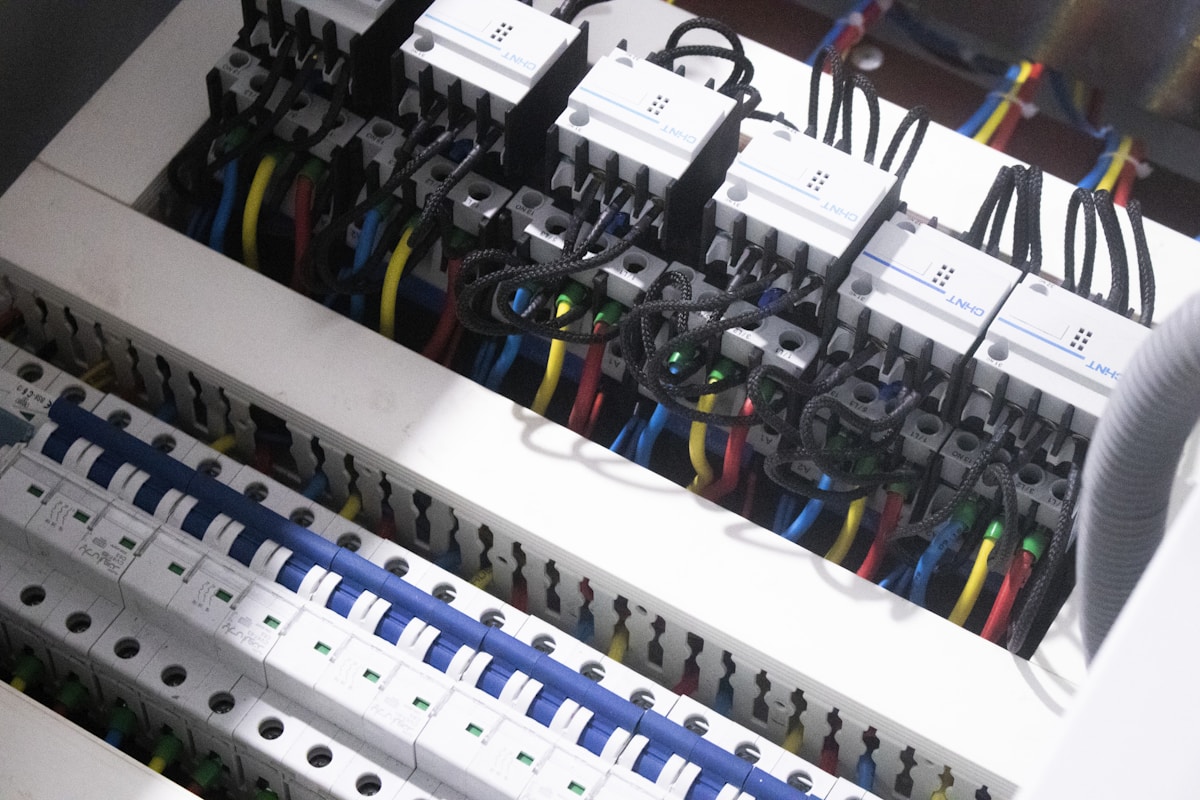Why Regular Electrical Inspections Are Worth It
Electrical inspection decisions have gotten complicated with all the scheduling recommendations, scope variations, and cost-benefit debates flying around. As someone who has conducted hundreds of inspections and seen what they catch, I learned everything there is to know about why regular inspections matter. Today, I will share it all with you.
Preventing Electrical Fires
Probably should have led with this section, honestly—electrical fires are among the most common residential and commercial fires:

Faulty wiring, overloaded circuits, and outdated systems all contribute to fire risk. During inspections, electricians identify frayed wires, old circuit breakers, and other hazards. Addressing these problems significantly reduces risks.
Ensuring Code Compliance

That’s what makes code compliance endearing to us regulation-minded professionals—it’s constantly updating:
- Regular inspections help ensure your electrical system complies with current regulations
- This is particularly important if you plan to sell or renovate
- Non-compliance can lead to fines, legal issues, and additional expenses
Avoiding Costly Repairs
Electrical problems that go unchecked evolve into larger issues. Small fixes today prevent costly repairs down the line. A minor wiring issue can lead to extensive rewiring if not addressed promptly.
Energy Efficiency
Older electrical systems tend to be less efficient. Inspections reveal inefficiencies and areas for improvement. Updated systems work better and reduce energy bills.
Personal Safety
Faulty systems pose risks of shocks and electrocution. Regular inspections identify and mitigate these dangers—especially important in homes with children and elderly individuals.
Extending Appliance Lifespan
Appliances depend on stable electrical supply. Power fluctuations strain them, shortening their lifespan. Regular inspections ensure consistent, reliable supply that protects your appliances.
Preserving Property Value
Well-maintained properties hold their value better. Potential buyers want assurance that electrical systems are safe and up to date. Regular inspections provide that documentation and peace of mind.
Insurance Benefits
Some insurance policies mandate regular inspections. Keeping up with inspections ensures you meet policy conditions and may even result in lower premiums. In the event of an electrical-related claim, up-to-date records simplify the process.



